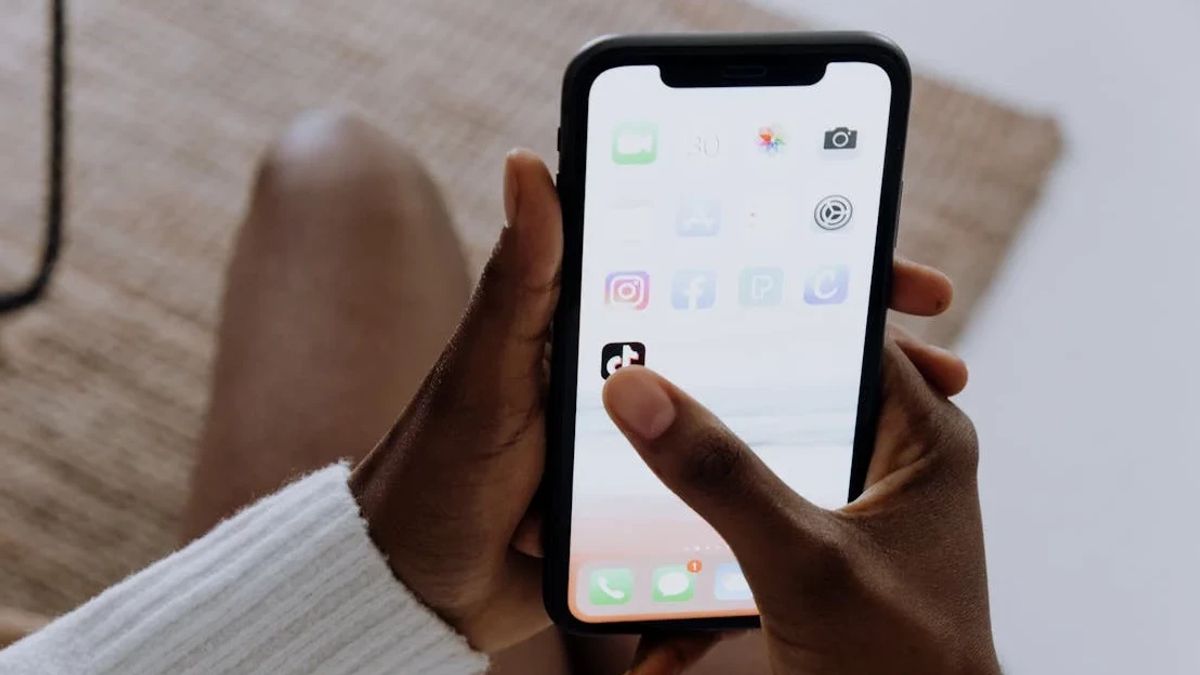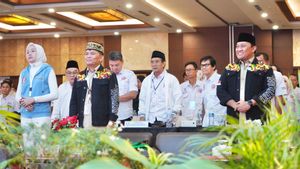JAKARTA - Kenya's Ministry of Home Affairs asked TikTok to show its compliance with local user privacy and verification laws. This was conveyed by the Minister of Home Affairs, Kithure Kindiki, on Thursday, March 21. According to him, the platform has been misused to spread propaganda, commit fraud, and distribute sexual content.
Similar to what TikTok has experienced, other social media companies are also under pressure from regulators around the world. They are required to protect users from harmful and criminal content that takes advantage of their site.
"The government, through the Office of Data Protection Commissioner, has contacted TikTok and raised concerns regarding its data processing activities," Kindiki told the parliamentary committee.
TikTok, which is owned by Chinese company ByteDance, has not responded to requests for comment. However, in the face of similar criticism in other countries, they have always defended their records about user privacy.
Kindiki said the platform had been used by criminals "to spread malicious propaganda, steal popular accounts through identity theft and impersonation," as well as "conducting Kenyans into fraudulent foreign exchange and recruiting fake jobs".
"This risk has caused unrest among users, exposed minors to inappropriate content, and prompted disputes among citizens," he said.
Odanga Madung, a researcher at the Mozilla Foundation, a non-profit organization, said the problems described by Kindiki were widespread across social media platforms.
"TikTok will be of major concern, but the problem won't stop there," Madung said. "The Kenyan government has the right to demand transparency regarding how TikTok moderation content."
Previously, Italy's competition supervisory body fined TikTok three units a total of 10 million euros (IDR 168 billion) for inadequate examination of potentially harmful content for young or vulnerable users.
The company is also facing a potential ban in the United States unless its Chinese owners sell it within about six months, based on a draft law passed by the United States House of Representatives.
The English, Chinese, Japanese, Arabic, and French versions are automatically generated by the AI. So there may still be inaccuracies in translating, please always see Indonesian as our main language. (system supported by DigitalSiber.id)













